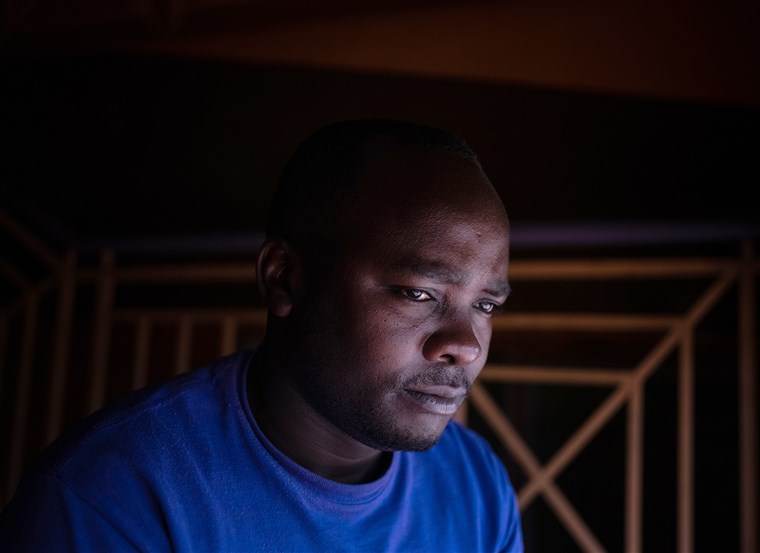NAIROBI, Kenya — At first, work as an Uber driver seemed to offer Harrison Munala everything he’d hoped for when he moved from a town in the western part of Kenya to its capital, Nairobi.
Uber seemed like the answer to Munala after he had spent nearly 15 years of informal employment as a house cleaner and school bus driver. Many of the energetic hustlers with middle-class aspirations who flock to East Africa’s economic hub thought so, too.
Work with Uber was so good that, about three years ago, after a year having driven a car he rented privately for 15,000 shillings a week (at the time, about $150), Munala, who is now 34, borrowed money from his sister for the down payment on a Toyota Passo, a compact car. And he took out a loan from Izwe, a pan-African microfinance and loan company.
Now, Munala figured, he could work for Uber and pay off the car. Then he could expand his business , buy another car and hire someone else to drive.
"I felt like I made it in life," he said. Harrison Munala and his family were evicted from their home in Nairobi, Kenya, in August. They are sheltering in a church while he tries to raise money to build a house. Nichole Sobecki / for NBC News Four years later, remembering those dreams makes him grimace.
Uber slashed its fares — and Munala’s income. It also introduced new categories of cars, allowing smaller cars. And more people started to take the smaller cars because they were cheaper and more fuel-efficient.
That adversely affected the drivers who were already saddled with the larger, four-door cars with more powerful engines that Uber had previously required.
More and more drivers flooded the platform, changing the basic earning premise that had prompted people like Munala to take out loans to become drivers.
And car maintenance is costly. Fuel prices are high. Instead of owning an asset, Munala is saddled with growing debt.
He fell behind on his rent. He, his wife and their three children were evicted from their home in August. They are sheltering in a church while he tries to raise money to build a house.
He tells his story sitting on the roof of his former apartment building, looking out over Kwangware — a low-income neighborhood of tin and mud houses sandwiched between verdant, former colonial enclaves in west Nairobi.On the way up the dark stairwell, he […]
